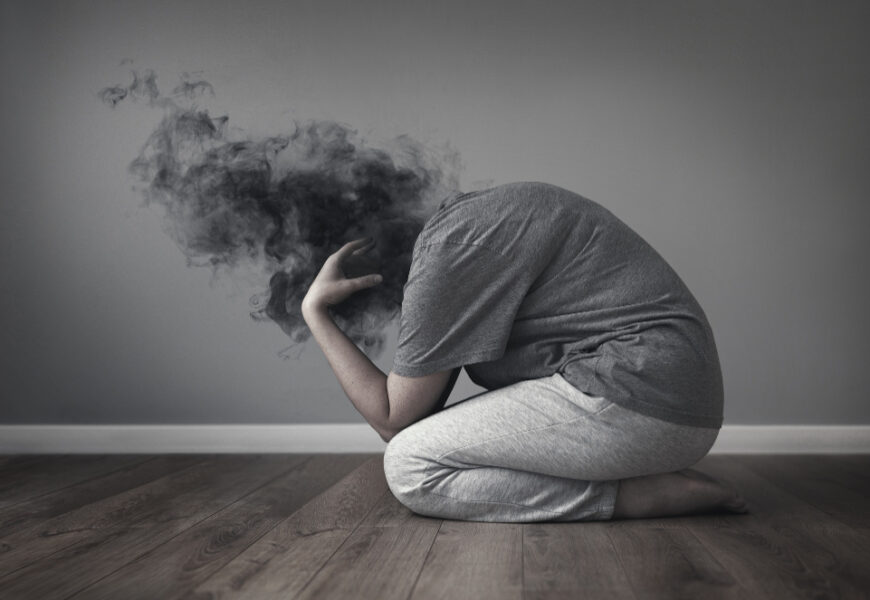We often think of loneliness as an emotional struggle – and it definitely is. But did you know it can also wreak havoc on your physical well-being? The science behind this is sobering, and it points to a major health crisis that hides in plain sight.
Loneliness: More Than Just Feeling Down
Loneliness isn’t simply being alone. It’s that deep ache when you lack meaningful social connections. Think of it like a form of social malnutrition. And just like a poor diet harms your body, chronic loneliness has far-reaching consequences.
How Loneliness Messes with Your Body
- Heart Trouble: Feeling lonely can significantly raise your risk of heart disease and stroke. The effects might rival that of smoking or obesity!
- Weaker Immune System: Loneliness ramps up inflammation, making it harder to fight off infections.
- Sleep Problems: You might toss, turn, and wake up feeling exhausted when you’re lonely.
- Brain Changes: Chronic loneliness may raise your risk of dementia and speed cognitive decline.
The Vicious Cycle
Sadly, it doesn’t end there. Feeling lonely can make it harder to reach out and connect with others. Worse still, the health problems it causes can further isolate you. It’s a vicious cycle that can be hard to break.
“The most terrible poverty is loneliness, and the feeling of being unloved.” – Mother Teresa
Protecting Yourself: It’s Not Just About Socializing
Yes, building connections is vital, but it’s not the whole picture. Here are ways to combat the physical impacts of loneliness:
- Prioritize Quality Sleep: When you’re well-rested, you’re better equipped to handle stress and connect with others.
- Get Moving: Exercise is an excellent mood booster and helps manage those negative health effects.
- Eat Well: Nourish your body with healthy foods to support both physical and mental health.
- Manage Stress: Try mindfulness techniques, yoga, or spending time in nature to unwind.
Remember, You’re Not Alone in Feeling Lonely
Loneliness can affect anyone at any age. If you’re struggling, reaching out is a sign of strength. Here are some resources that can help:
- Talk to a therapist: Therapy offers a safe space to explore your feelings and develop strategies.
- Join a support group: Sharing experiences with others who understand can be tremendously helpful.
- Crisis hotlines: If you’re feeling overwhelmed, call or text a crisis hotline for immediate support. (Example: 988 Suicide & Crisis Lifeline in the US)
Loneliness is a serious health issue, but it doesn’t have to control you. Knowledge is the first step. By prioritizing your mental and physical well-being, you can break free from its grip and live a healthier, more connected life.









